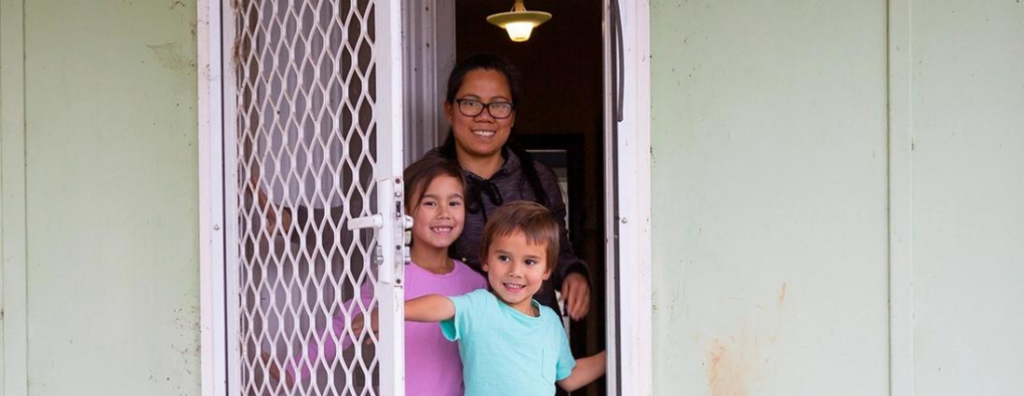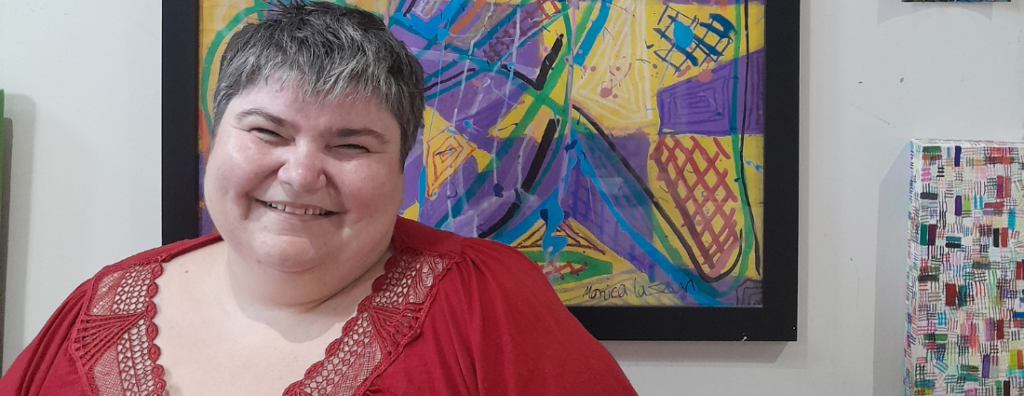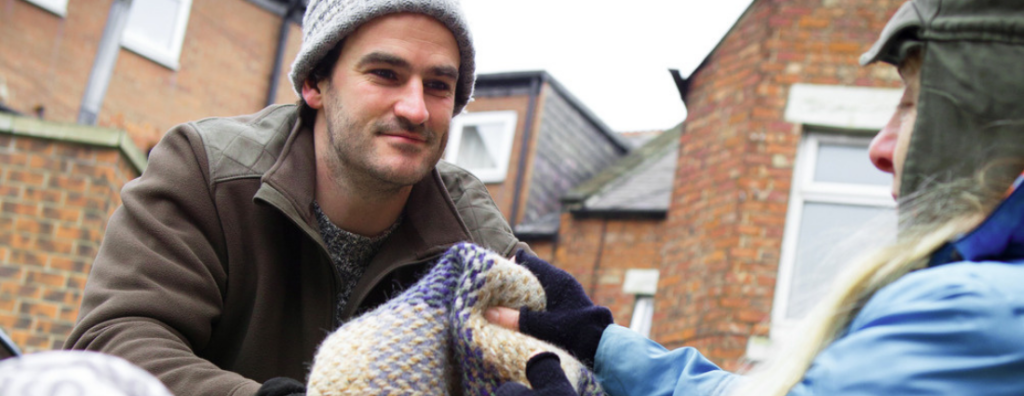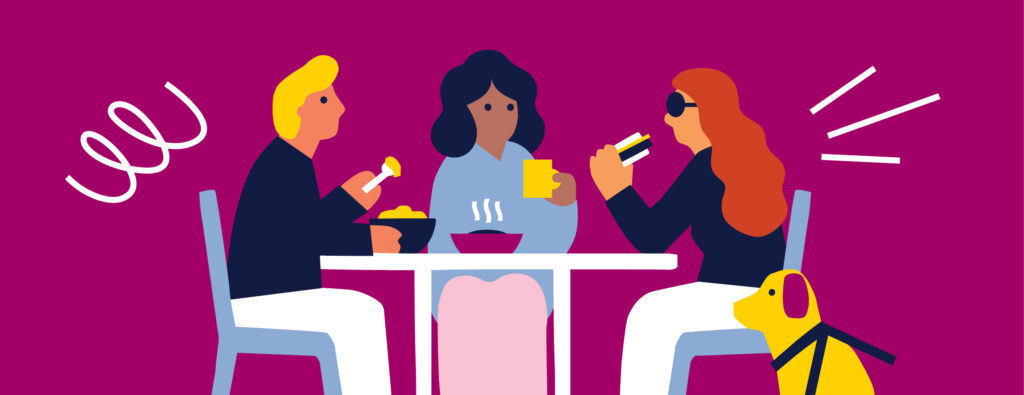We’re joining forces with individuals and organisations across the country to take action this Anti-Poverty Week.
Anti-Poverty Week, 17 – 23 October 2021, helps the Australian community gain a better understanding of poverty and how we can work together to end it.
Here at Uniting, we work across a range of community services, intervening early to help people avoid crisis, as well as supporting those who live life at the margins.
For the second year running, Uniting Vic.Tas CEO Bronwyn Pike is the Victorian Co-Chair of Anti-Poverty Week.
As part of our work to help end poverty, we recently partnered with the Centre for Social Impact at Swinburne University to look at what the end of COVID-19 income and tenancy benefits has meant for the people that received them.
This research is called: No fighting chance. Impact of the withdrawal of COVID-19 income and tenancy benefits.
At the beginning of the pandemic, Australia united to ensure that our most vulnerable did not suffer.
In April last year, the Federal Government introduced a $550 per fortnight Coronavirus Supplement for people on JobSeeker payments, along with the JobKeeper wage subsidy scheme for employed people.
At the same time, the Victorian Government instituted a moratorium on evictions, suspended private rental increases and provided private rent relief for renters and landlords impacted by the pandemic.
However, these measures were time-limited.
The Coronavirus Supplement was gradually cut back and finally replaced in April 2021 with a $50 increase in the permanent rate of JobSeeker.
All tenancy payments and benefits in Victoria were withdrawn by the end of March 2021.
Since this time Australia, particularly Victoria, has faced further waves of COVID-19 lockdown measures, largely without these levels of income and tenancy support being reinstated.
“In April this year, I noted that the cut to the JobSeeker payment will force more people into poverty and place even greater pressure on emergency relief services,” says Bronwyn.
“Sadly, our research validates this.
“In Victoria alone, 648,000 adults and children struggle to survive on income payments that are below the poverty line.
“That’s nearly 1 in 10 people living in Victoria, including 1 in 5 children who are growing up in the poorest families.
“Many are at risk of homelessness due to a shortage of affordable housing.
“The JobSeeker and parenting payments are not a handout. They’re about giving people a basic standard of living while they get back on their feet.”
The research finds that to end poverty we must:
- Introduce a permanent increase in JobSeeker and Parenting Payment rates to ensure that the income support system provides an adequate safety net for individuals and families that rely on them
- Benchmark Jobseeker to wages to reduce income inequality and give people a fighting chance in an increasingly competitive housing and employment market
- Increase the amount of Rent Assistance provided to ensure that everyone has access to adequate rental support
- Increase investment in social housing to improve the supply of safe, secure and affordable homes.
This Anti-Poverty Week, we’re joining forces with the Everybody’s Home and Raise the Rate for Good campaigns.
We’re calling on the Federal Government to increase Jobseeker and other income support payments and invest in social housing so that everyone can cover the basics and keep a roof over their head.
We’re making our voice heard and you can too.
By visiting Everybodys Home and signing the petition to the Federal Treasurer, you can stand up and demand more be done.
By coming together, we can all work to end poverty.
Here, some of the people who have reached out to us for support share their story.






